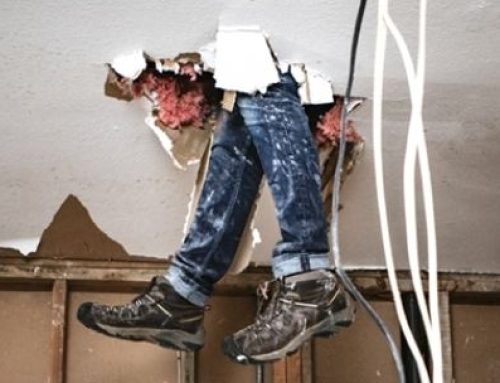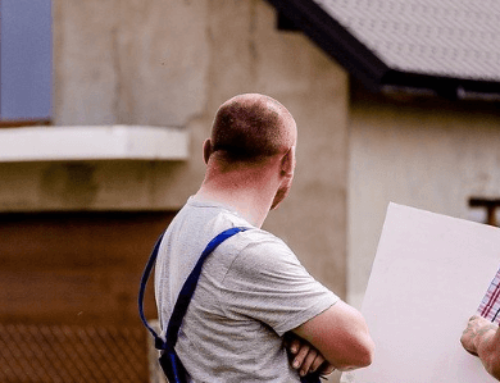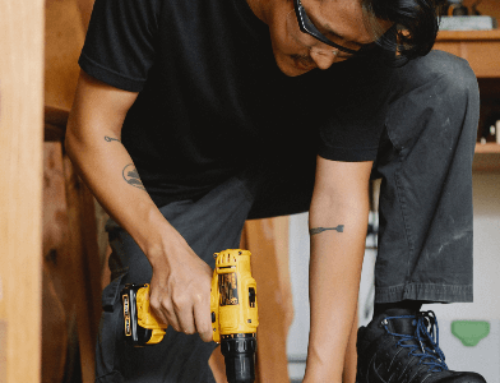There are lots of people in the building industry who think they would make a good Building Inspector – the kind people who think they have just the right type of experience to recognise building defects, hidden faults and likely future repair expenses. It’s not hard to understand why: for the most part, it’s typically because they don’t enjoy their job and they see the role of Building Inspector as a desirable form of future employment.
The thing is, most of these people do and/or would make disastrous inspectors.
Although most of the building inspectors in the marketplace and promoting themselves as experts, they tend to come from inadequate backgrounds and with mostly irrelevant experience.
Let me show you what I mean. I’ll list the wrong types of would-be-Building-Inspectors in their present career categories and outline their working experience to illustrate my point of view:
Architects:
- Trained in aesthetics, human behaviour, history of building design, natural environment and sustainability:
- Working life exposure to Building Code restrictions, Town Planning issues; competitions, submissions, endless documentation and creative frustration but often extremely decent and honourable people.
Why are so many of this group employed as Building Inspectors? Because they are under-employed as architects.
Q: How much exposure does an architect get to the condition of the existing building stock of our city?
A: Not much.
Draftsmen
- Trained to take instructions from architects and, to a limited degree, the same as above but with far more time spent learning graphic programmes.
- Their working life is often spent drawing lines, filling in forms, meeting with Council employees and, as a group, often harbour a great sense of disappointment and frustration.
Q: How much exposure do they get the condition of existing buildings?
A: Even less than architects.
Building Degree or Diploma Graduates
- They’ve studied building technology, theories of construction and they’ve read the Building Code of Australia. They then often go out to work on a construction site for far too many years and move into middle management, producing reports, critical path programmes, analysing performance evaluation figures and attending to union demands.
Q: How much exposure do they get the condition of existing buildings?
A: Even less than architects and draftsmen.
Project Home Builders
- Often an ex-carpenter who raised some cash and has done their own “spec” housing deals. When they realise this was not as profitable as they thought, they became a tender builder for the large volume home building brands. Often, they are effectively screwed down to working for wages but with their Builders Registration and his own house still on the line as security for consumer warranties. They have done little jobs on the side building decks, pergolas and fences.
Q: Did he get involved in renovation projects?
A: Very rarely. So he’s inadequately trained for the building inspector role as well
The Right One
In in my one-eyed opinion, there is really only one group of building industry people who do make good building inspectors:
The Experienced Renovation Builder
This is a reasonably large group of builders. They are a little more entrepreneurial, a little more interested in building challenges like the restoration of historic buildings or buying a run-down old property and turning a sows ear into a silk purse. This builder often makes a success of themselves but runs out of physical steam to keep working on the tools, even though they enjoy it. This is the person with the knowledge, this is the person with the desire to impart their knowledge to assist others and is keen to keep working because they don’t know what else to do. This is the type of person who makes an excellent Building Inspector.
Cheers for now,
-Mike







Leave A Comment